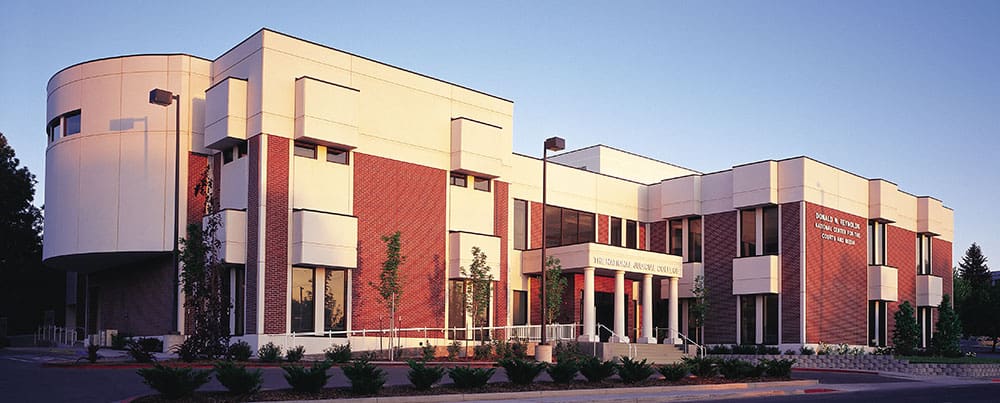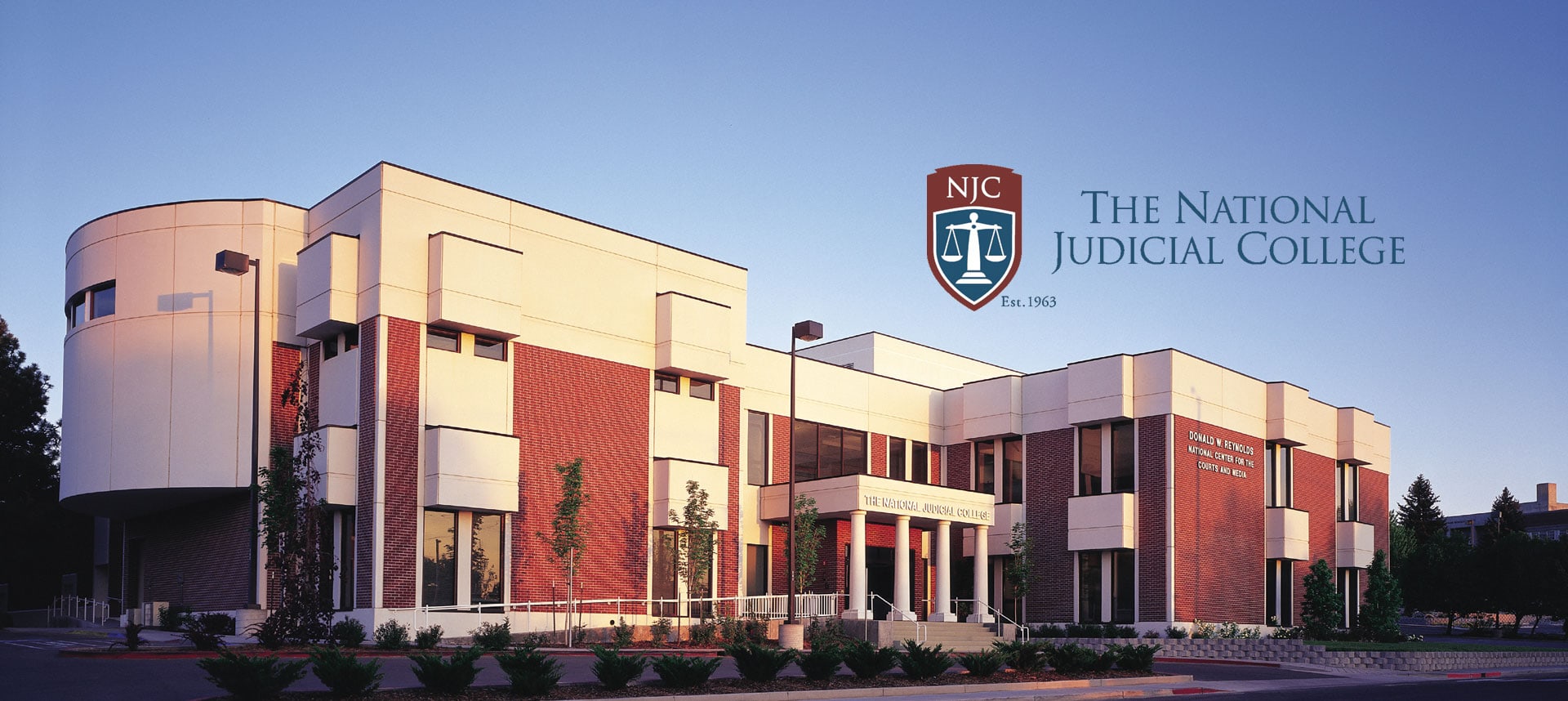
By Anna-Leigh Firth
Our February Question of the Month asked NJC alumni what their No. 1 suggestion was for getting more judges to attend our courses.
The choices were:
- Lower the cost or increase scholarships
- Offer different or additional courses
- Improve courses or instructors
- Offer courses closer to me
- Other (please specify)
Quality and selection do not appear to be major issues. Less than 1 percent of the 430 survey takers suggested better courses or instructors, and less than 4 percent called for different or additional courses.
Top choice
More than half suggested lowering the cost of courses or increasing scholarships. Some judges blamed the affordability issue on government budget cuts.
Wrote one judge (anonymously, as was most often the case with the comments): “My training budget doesn’t usually cover the cost of one NJC course plus travel. I have managed to go to two grant-funded (no cost to the participant) courses, which were fantastic.”
A small number of judges suggested shortening courses or moving them to weekends to make it easier to get away from the bench and possibly save on travel costs.
FYI, about 40 percent of customers of tuition-based courses apply and qualify for scholarships, which offer partial financial support for the costs. We’d love to have the resources to offer all of the programs for free. If you or someone you know has a billion dollars handy….
Come to my place
Sixteen percent suggested the College offer courses in what they considered more desirable locations. This often meant closer to them, especially among judges on the East Coast.
Some judges pointed out that their state restricts travel to out-of-state programs. Others said time-consuming travel was a burden on their court and families.
FYI, including online programs, today less than 25 percent of NJC courses are presented at the College’s headquarters in Reno.
Other suggestions
About 1 in 5 survey takers submitted “Other” suggestions. These included lobbying for judicial education requirements and funding, or for reductions in crowded case dockets; free Continuing Judicial Education (CJE) credits; and longer advance notice of courses.
FYI, NJC courses are routinely approved for CJE credit, and there is no extra charge. (Not all states approve self-study courses.)
Other specific suggestions and comments:
Encourage word of mouth. “Spread the word through the judges who have attended. I am always recommending the college after my wonderful experiences.”
Advertise what’s new. “In your materials, explain how this year’s impaired driving or Drugs in America Today course is different than in years past.”
Stress the depth and cross-fertilization absent in in-state conferences “There seems to be an urban myth that states can provide (their own) training better and cheaper. However, part of attending NJC is the development of relationships with … judges (from other states). Also, the classes at the NJC are just that, classes. Presentations at conferences are not classes and, while they have their place, they simply are not a replacement.”
Move GenJur back to summer, “so judges with school-age children will be able to attend. That course is a prerequisite to many other courses. If fewer judges attend this course, then fewer will attend other courses.”
* Each month the College emails an informal, non-scientific one-question survey to its more than 12,000 judicial alumni in the United States and abroad. The results, summarized in the NJC’s Judicial Edge Today, are not intended to be characterized as conclusive research findings.

The Hon. Mary-Margaret Anderson (Ret.), a retired administrative law judge with the California Office of Ad...

Happy October, Gaveliers faithful. Are you loving this or what? No one believed a team made up of judges...


Hon. Diane J. Humetewa, the first Native American woman and the first enrolled tribal member to serve as a ...

Retired Massachusetts Chief Justice Margaret H. Marshall has been selected as the 2024 winner of the presti...